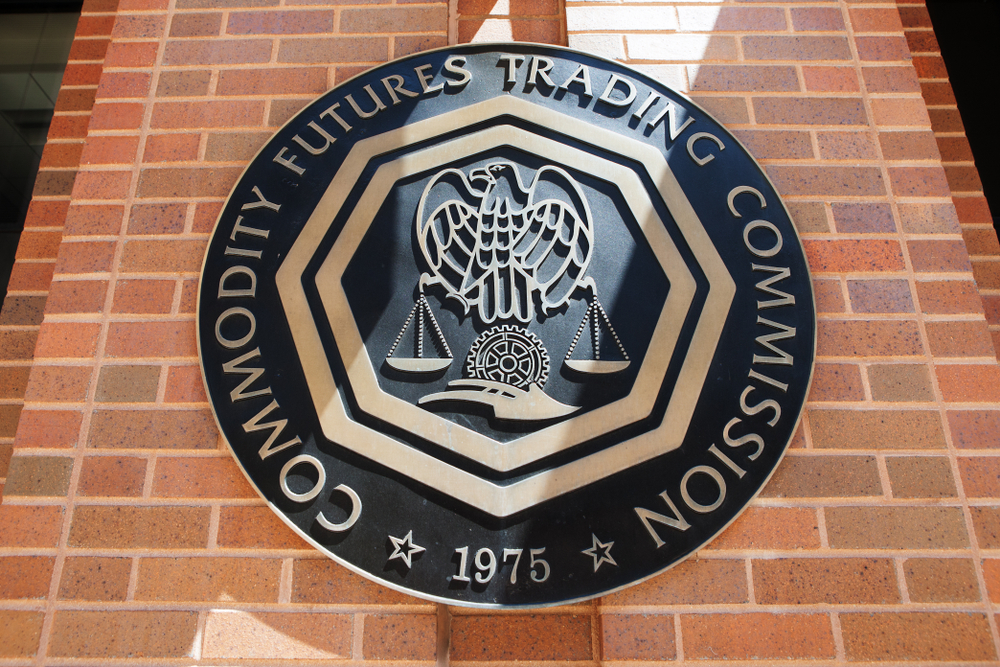On Friday, the United States Commodities and Futures Trading Commission (CFTC) filed charges against three DEXes (Decentralized Exchanges), ZeroEx, Deridex and Opyn. The agency claimed the three decentralized finance protocols had been operating without permits.
According to the CFTC charges, ZeroEx, Opyn, and Deridex failed to register as an SEF (Swap Execution facility) and an FCM (Futures Commission merchant). The three DEXes were also accused of failing to block American traders from accessing their services. Moreover, the CFTC alleged that the DeFi protocols violated AML (Anti-Money Laundering) policies.
Now, it wants Deridex, Opyn, and ZeroEX to pay penalty fees of $100,000, $250,000, and $200,000, respectively.
Hours after the charges were announced, the ZeroEX team, Matcha, said it had begun implementing a number of processes after holding a constructive dialogue with CFTC.
The agency later released a statement acknowledging the efforts of the three DeFi protocols to cooperate. It, however, remains to be seen whether the CFTC will allow the decentralized exchanges to continue operating.
CFTC’s Enforcement Action Criticized
Meanwhile, the regulator’s latest move has encountered massive opposition from crypto players and one of its commissioners.
CFTC Commissioner Summer Mersinger has released a statement to address the agency’s action. She says the enforcement action doesn’t align with the agency’s role to promote innovation. Mersinger goes ahead to accuse CFTC of attempting to hinder blockchain innovations. She wants crypto players to be engaged before the agency takes any enforcement actions.
The commissioner’s statement also points to CFTC’s enforcement action against Ooki DAO in 2022, stating that, indeed, the crypto organization operated a centralized exchange while violating the regulator’s rules.
However, Mersinger says Deridex, Opyn, and ZeroEx are decentralized exchanges and operate in a crypto area where CTFC lacks jurisdiction.
Blockchain Association’s Chief Policy Officer Jake Chervinsky called out CFTC for its latest enforcement, asking the agency to stop attacking DeFi projects.
Further, Delphi Labs General Counsel Gabriel Shapiro told DeFi developers to block United States citizens from accessing their platforms to avoid being targeted by CFTC.
Meanwhile, CFTC Director of Enforcement Ian McGinley says the agency will continue going after DeFi protocols that don’t adhere to stipulated policies.
